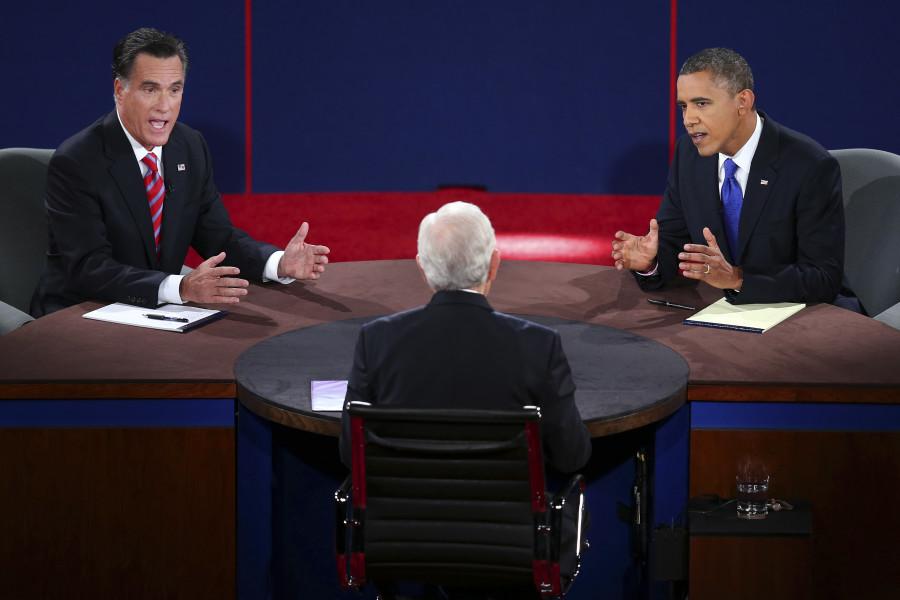Napoleon Bonaparte once said, “Nothing is more difficult, and therefore more precious, than to be able to decide.” George W. Bush would know better than most how important decisiveness is when the walls are coming down.
Warning: This is not your classic “Bush Bashing Session,” so if your stomach was about to churn, you can breathe easy.
After 9/11, the former president’s palms were made to feel the hot coal of a national trauma. War in Afghanistan seemed to be the perfect balm.
For him, it was a decision of conflicting thoughts. He had to be swift but careful, suppressive but corrective, resolute but fluid, and he had to wage war and spread peace.
As for which combination he opted for, I cannot tell.
But after August became the deadliest month in Afghanistan since the eight-year war started, we can now realize how difficult and precious that decision was.
The debate on if the war in Afghanistan was necessary could go on for ages, either through a friendly tête-à-tête or fanatic brawl. I will pass on all that fanfare and give my thoughts.
The war in Afghanistan had to happen. Why? Because it was the only response Americans would have approved. It was the only proposed solution that matched up with the blow dealt to America by Al-Qaeda. Americans wanted a strong spontaneous response from its leadership—they got one.
The Bush administration, or should I say “Cheney administration,” would have been doomed if it did any less. Bush couldn’t bear daddy’s mockery one more time; he sure didn’t want to endure the same from more than 300 million American citizens.
But as the schematics for war were drawn up in the White House, a crucial element of success was left in the dark: a well thought-out plan.
Soon, America’s braves were in the heated deserts and mountains of Afghanistan fighting the Taliban and simultaneously fanning the flames of extremist thoughts.
Now, one can’t help but wonder what the specific goals were (I find “war on terror” too vague a phrase.) What was the exit strategy? And what was the methodology for cleansing radical ideologies?
When fighting an urban war, collateral damages are inevitable and nothing fuels dissent like such. This in turn leads to the perfect breeding ground for the Taliban to nurture elements of their radical ideas.
The more guns, drones and military resources invested in Afghanistan, the more audacious the spread of extremism and hate for the West.
So as President Obama ponders the decision to send more troops to Afghanistan, I urge him to be prudent, take out a stick of his finest tobacco, and ask himself the questions that Bush couldn’t ask when he made his own decision.
Should America count its losses and leave? (Be sure Tom Hanks will make big bucks). Should America fight on without an exit strategy? If so, say hello to state 51 (think Alaska of the Middle East).
I don’t claim to know an easy way out—far from that.
But one thing I do know: The guns have failed and it’s high time we seek remedies that annihilate thoughts instead of bodies.
And trust me, those rememdies can’t be found in military laboratories or an environment flooded with more passion than reason.


